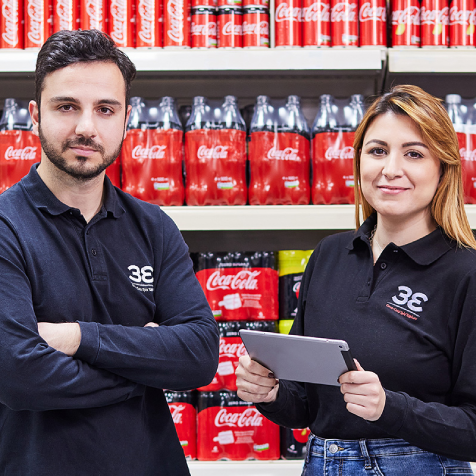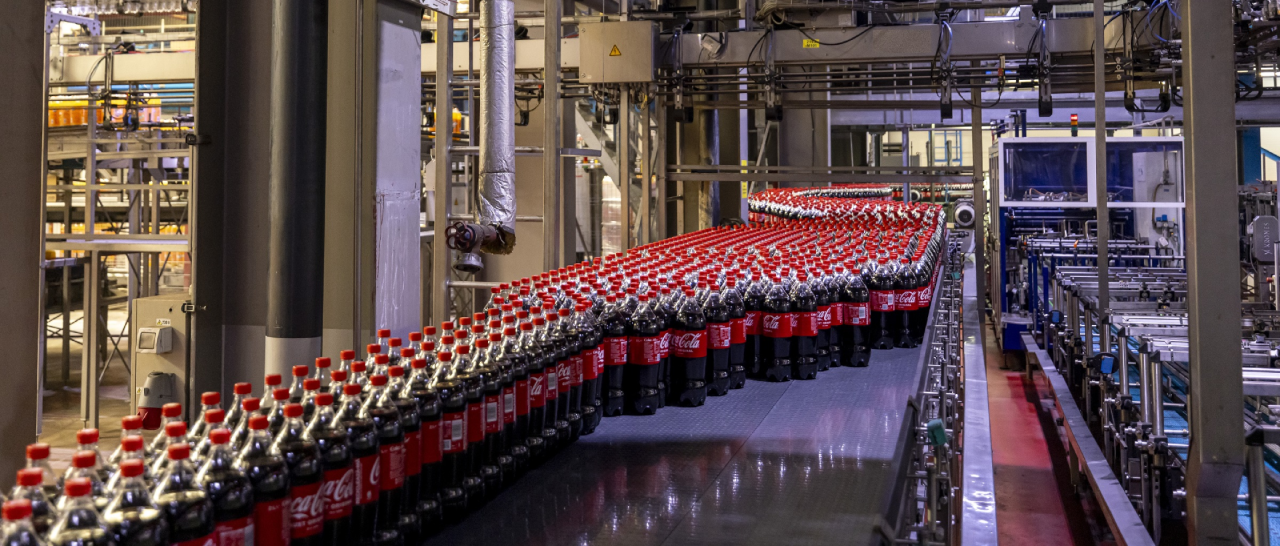We are proud to remain global industry leaders in sustainability this year, with leading scores and rankings in ten of the most-recognised ESG ratings. We were ranked as the world’s most sustainable beverage company in the 2024 Dow Jones Best-in-Class Indices for the eighth time.
We believe our success comes from continuously evolving our business model to deliver growth and taking a strategic approach to sustainability. This approach allows us to both grow and make our business more resilient.
In 2024, we made good progress towards our ambitious and measurable 2025 sustainability objectives by focusing on areas where we can have the greatest impact: climate, packaging and water. We have reduced emissions for the past four years, in line with our NetZeroby40 roadmap. In early 2025, the Science Based Targets initiative (SBTi) approved our NetZeroby40 target which, for the first time, includes Egypt. We also published our first Sustainability Statement as part of the Corporate Sustainability Reporting Directive (CSRD) requirements.
We continue to build our capabilities, collaborate and learn from our experience to build a strong and resilient business that is opening up a more sustainable future.





